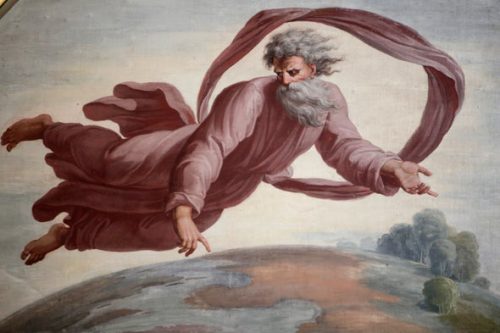Ways A Parish Can Act Regarding Racism
PEP Newsletter
Ideas For Your Parish
________________________________________________________________________________________  September, 2020
September, 2020
Worship of a False God
This is the title of an interview conducted by Regina Munch with Fr. Bryan Massingale, a professor of theology at Fordham University. It appeared in the July/August, 2020 issue of Commonweal Magazine, pp. 36-39. Although Fr. Massingale has been quoted in the last two PEP Newsletters, this interview is too important not to be the subject of this current issue. The origin of the title comes from conversations Massingale had giving lectures on racism and the Catholic Church. “People always ask me, ‘Well, how many African-American priests are there?’ Currently there are fewer than a hundred of us on active duty in the United States, out of tens of thousands. That’s not by accident. It’s a reflection of the normative whiteness that, to be blunt, is a form of idolatry – that God can be imaged and God can only manifest God’s self through European and European cultural products. Yeah, there is a normative whiteness present in the Church, but I would say that it’s a form of idolatry. It’s the worship of a false god.” (p. 38)
The Catholic Bishops’ Document On Racism
Commenting on the U.S. Catholic Conference’s pastoral document, Open Wide Our Hearts, published in 2018, Massingale pointed out, “the document was written by white people for the comfort of white people. It illustrates a basic tenet of Catholic engagement with racism: when the Catholic Church historically has engaged with this issue, it’s always done so in a way that’s calculated not to disturb white people or make white people uncomfortable. . . . It never condemns police abuse of power or police misconduct.” He goes on to say, “If white comfort sets the limits of conversation, then that means we will never face the difficult truth: the only reason for the persistence of racism is because white people benefit from it. That difficult truth is something that the Catholic Church in America has never summoned the courage or the will to directly address.”
The Courage To Act
In speaking about courage, Massingale mentioned, “There are a lot of good white people who know what the right thing to do is. But they don’t do it because they’re afraid of the disapproval of their friends or family, or they’re afraid of the consequences of speaking up. It isn’t that people don’t have the conviction, but they don’t have the courage to act on those convictions.” He also addressed the issue of violence, referring to it as “misdirected anger.” He complained, “If there are better ways for people to make their point, I wish they would tell me what they are. Because people of color, black Americans, have marched. We have demonstrated. We have organized. We have protested. We have voted. We have studied. We have taught. We have begged. We have cried out – for years, for decades, even centuries. The reason why these measures haven’t proved effective up till now is that not enough white Americans want substantial change.” (p. 39)
Ways A Parish Can Act With Courage
- The leadership of the parish makes a commitment to courageously address racial attitudes and actions.
- Groups are formed to discuss various topics that people of color suggested needed to be addressed.
- Results from the discussion groups are posted for reflection and sharing among family and friends.
- Pastor and pastoral council create a document which affirms anti-racial policies and ways of acting.
- Teams are established to carry the policies into concrete actions which are shared with the community.
- After six months, the parish celebrates the progress made and pledges to keep the momentum going.


